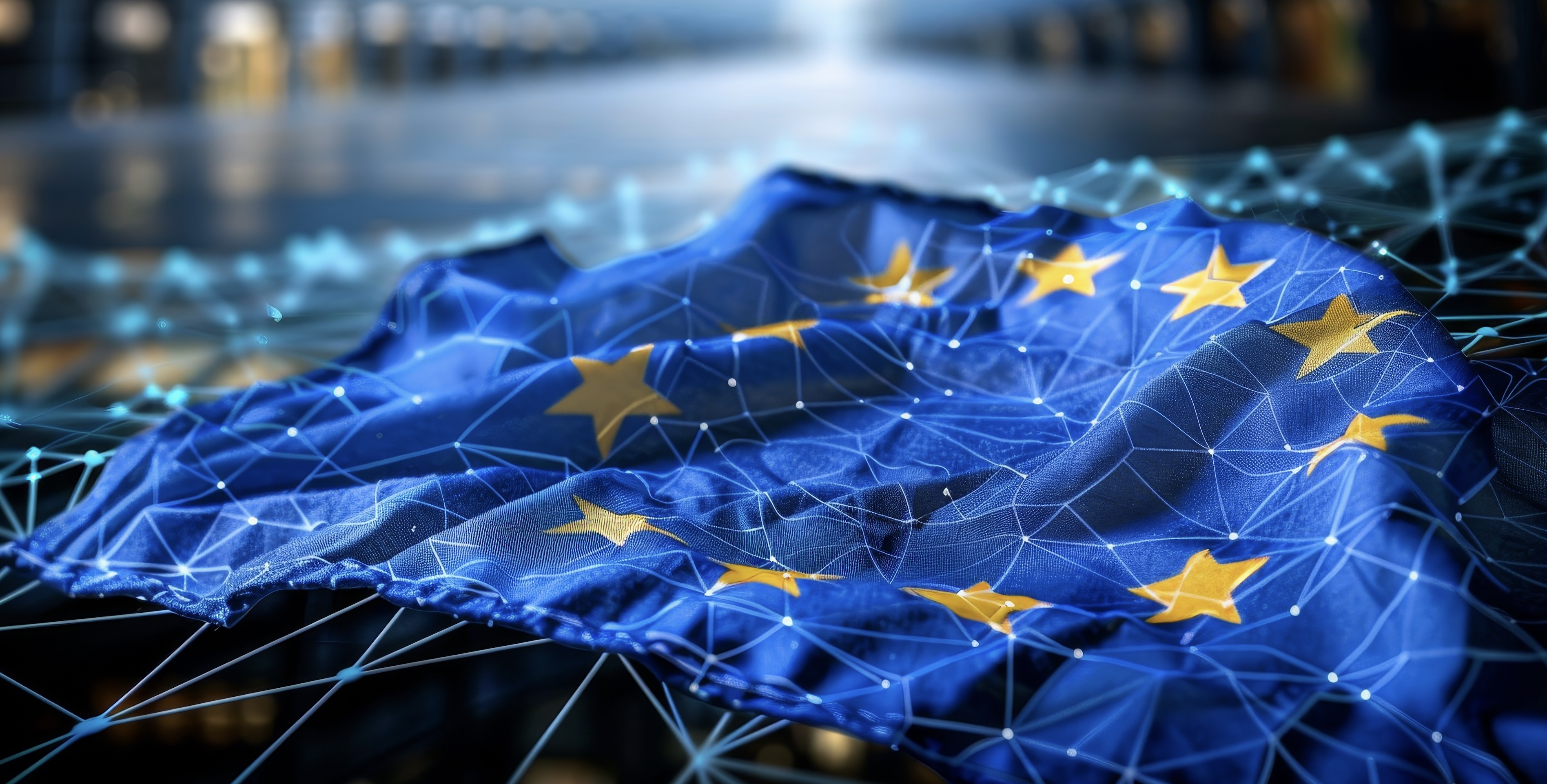After the European Union introduced the Digital Markets Act (DMA), a landmark regulation
aimed at curbing the power of Big Tech companies, discussions intensified around its ex-ante
and ex-post regulatory framework, its effectiveness, and the growing overregulation of the
EU. The DMA is part of the Digital Services Act package, which also includes The Digital
Services Act, and is supposed to enhance consumer safety.
The DMA designates certain large online platforms as ‘gatekeepers’, and creates various
obligations and prohibitions for them. There are several platforms that are now deemed
gatekeepers, such as Alphabet, Amazon, Apple, ByteDance, Meta, and Microsoft. The
European Commission concluded that the market ruled by gatekeepers should “remain fair
and contestable for innovators, businesses, and new market entrants.” However, this
regulation, along with every other piece of legal framework currently governing
digitalization, is also curbing competitiveness, and they might just stifle innovation in the EU.
Apple and Meta have already been charged with non-compliance, and there is no efficiency
defense allowed, because EU values dictate that economic benefits cannot justify unfair
practices.
Regardless of potential negative effects on the economy and innovation, the EU still shapes
the international business environment by providing standards for those who want to enter the
Single Market, creating “The Brussels Effect” – a term coined by Professor Anu Bradford of
Columbia Law School - where the EU can influence the policy of various countries in areas
such as data privacy, consumer health, and environmental law. The most burning question as
of now is whether the DMA also has this effect, and if so, whether its effect is a positive
thing.
On the 20th of September 2024, The GW Competition & Innovation Lab organized an event
titled: “The DMA’s Brussels Effect: How an EU Regulation is Reshaping Digital Markets in
Brazil, Turkey, and India”, where the panelists explored the potential for the DMA's reach to
extend to said countries. This was an important discussion, as the Turkish government
published a draft revision of the Turkish Competition Act in October 2022, which brings
major changes for Turkey’s digital markets, and is expected to be enacted this year. The new
Act might reshape the country’s own approach to competition and consumer protection in the
digital sphere, leading to a transplantation of EU values and perspective to the country’s legal
system. Similarly, the Committee on Digital Competition Law drafted a Digital Competition
Bill in India, proposing an ex-ante approach to monitoring large digital enterprises, as well as
self-regulation by Systemically Significant Digital Enterprises, following the example of the
DMA. Finally, in 2022, Bill 2768/2022 was introduced in Brazil, bearing significant
resemblance to the DMA, creating a strong cooperation on antitrust and pro-innovation
principles. The Brazilian proposal, however, covers Brazilian companies with annual gross
revenues exceeding BRL 70 million, placing severe burdens on several key players.
The discussion on the possible future outcome of the DMA’s Brussels Effect on these
countries ultimately concluded that the DMA is just one international path to approach the
BigTech regulatory dilemma, rather than the conclusive best possible way to handle giant
companies’ adverse effects. There are complex reasons why the world should not adopt just
one globally coordinated approach, such as the difference between market characteristics
across countries, and the various ways antitrust enforcement is handled. In the EU, public
enforcement is the most prevalent, but in other countries, such as the US, antitrust
enforcement is traditionally private. With such differences, a one-size-fits-all solution may
not be effective.
The approach differs incredibly in other areas of competition too, as some countries prefer to
allow freedom to big corporations, like the US, where only state-level Big Tech regulations
exist, or Singapore, a country that wishes to let AI bloom, rather than stifling it with
overregulation. In Canada, there was an attempt to enact a law that requires companies such
as Meta and Google to negotiate agreements with news media organizations to share profits,
to varying degrees of success. Other countries and regions of the world are implementing
regulations somewhat similar to the DMA, such as the Digital Markets, Competition and
Consumers Act in the UK.
In the European Union, the DMA seems quite successful, and indeed, it fits into the European
Commission’s plan for a “digital decade”, during which the main goal is to obtain “digital
sovereignty”. However, this concept of digital sovereignty can only be truly successful if
Europe starts focusing on building tech instead of building bureaucracy. Tech independence,
enhanced cybersecurity, and better data controls can lead to European Digital sovereignty
without sacrificing innovation. That is the true goal of any country trying to build their
competitiveness, and it is especially true for the EU, especially if it aims to enact its influence
on the world through its notorious Brussels Effect in the coming years.


